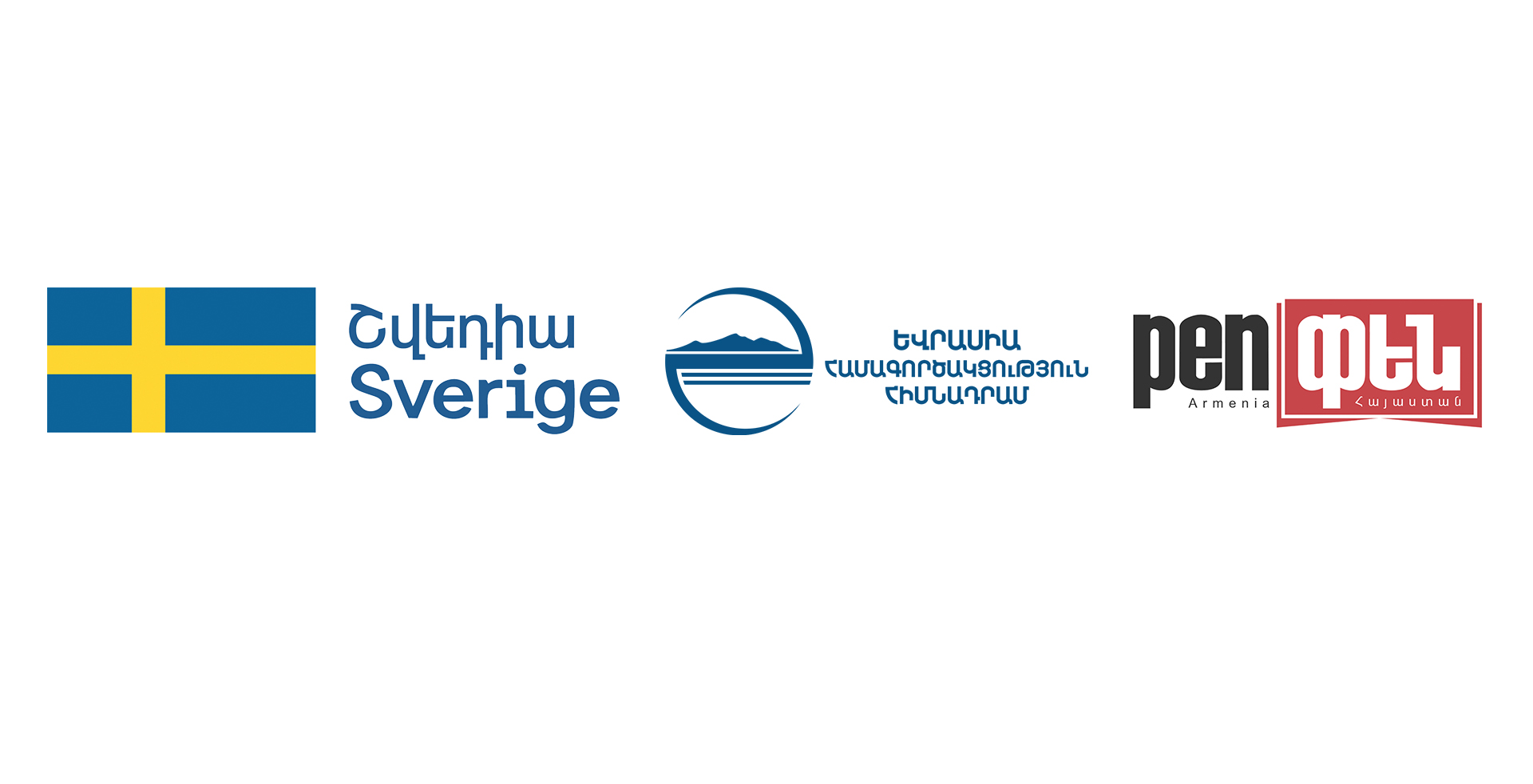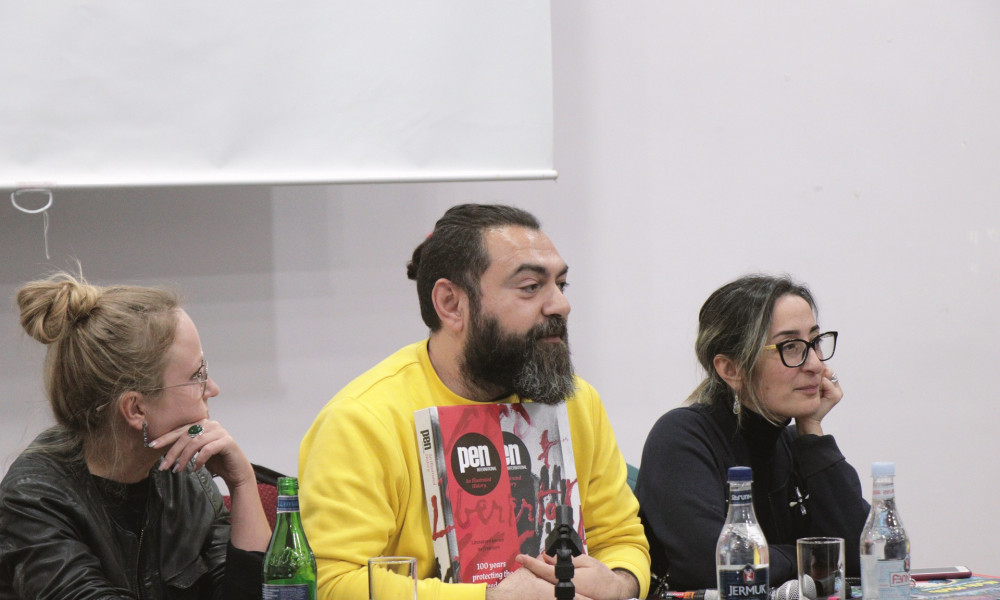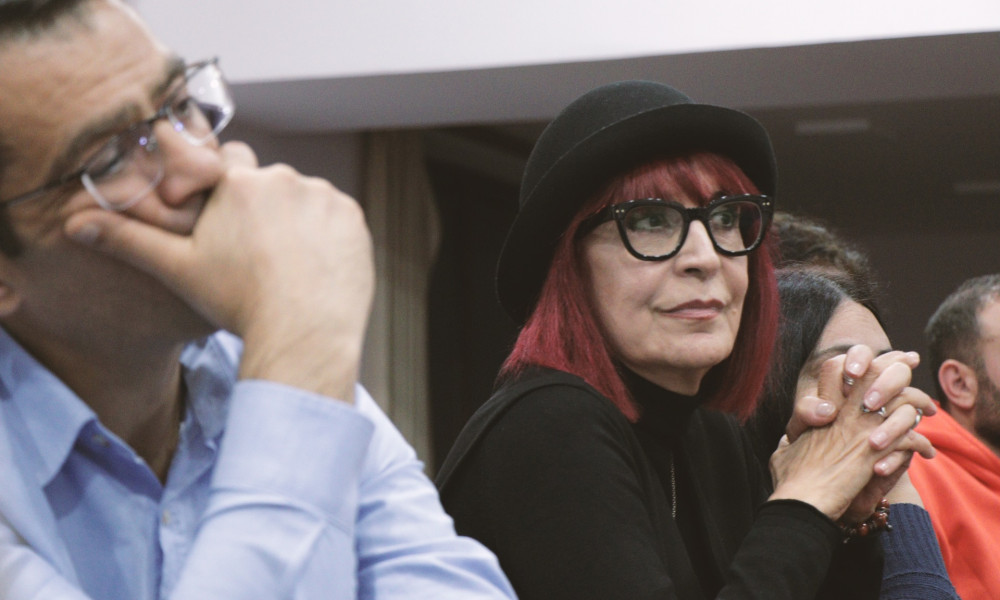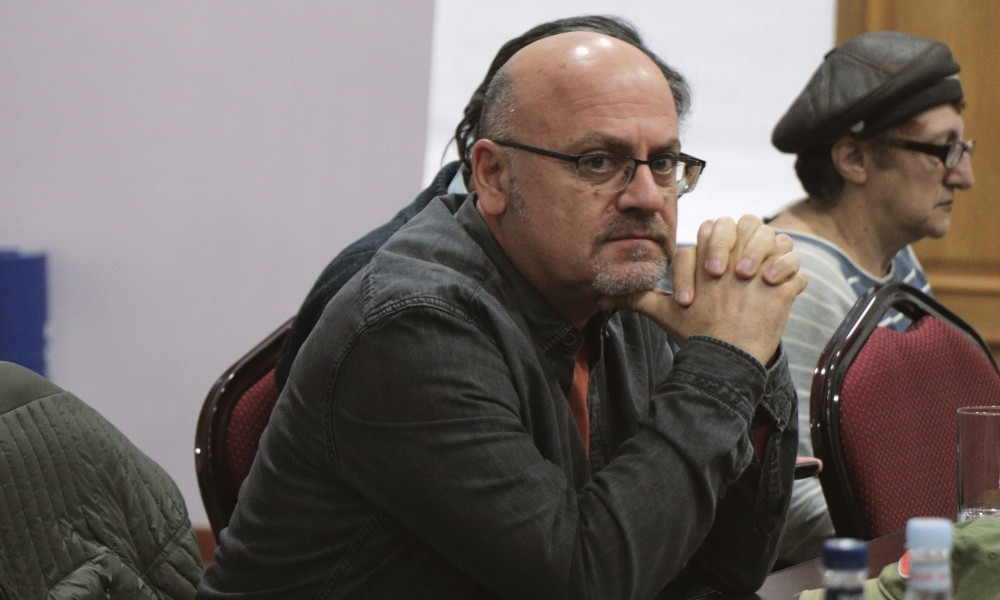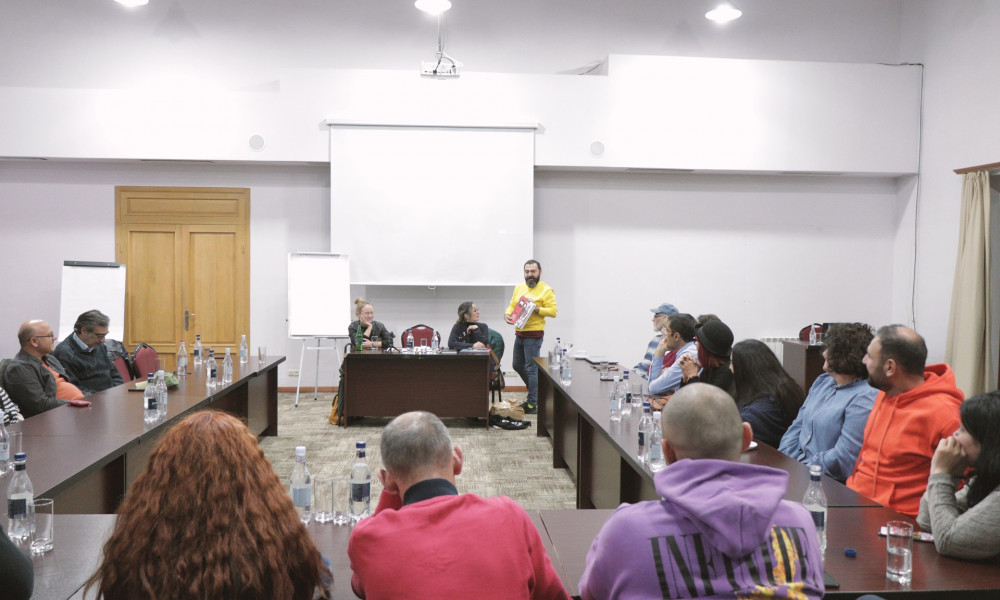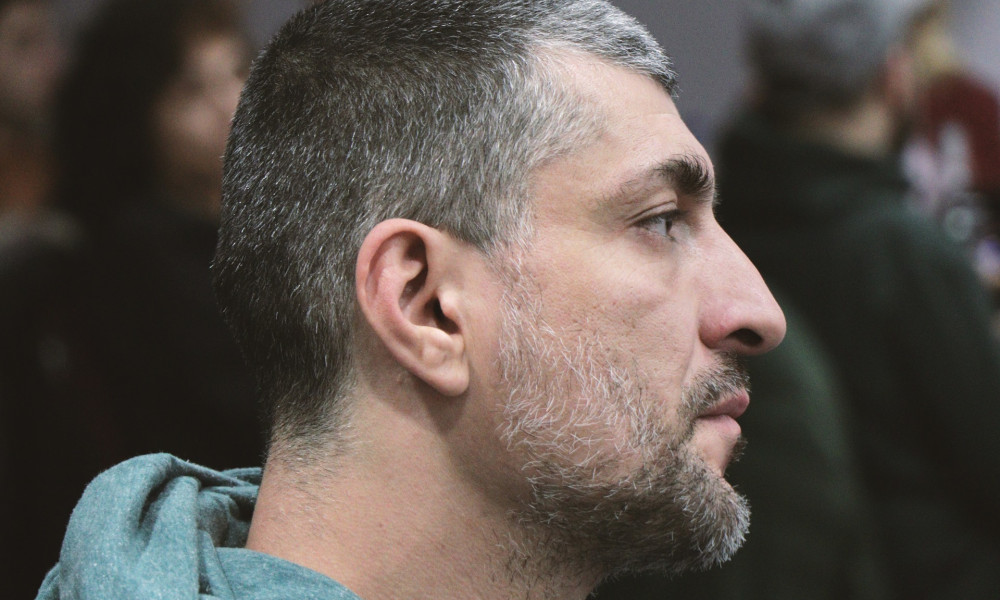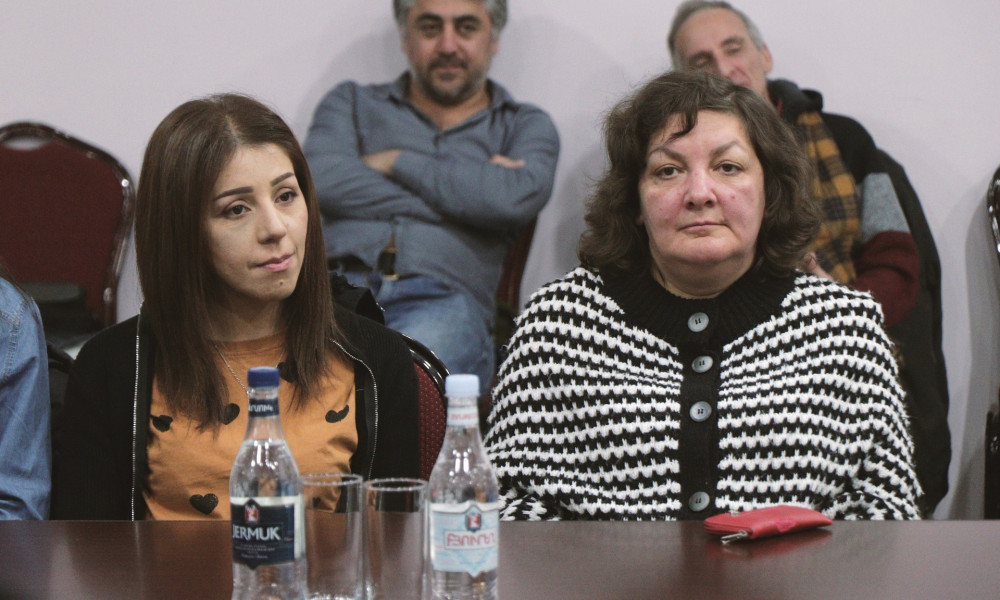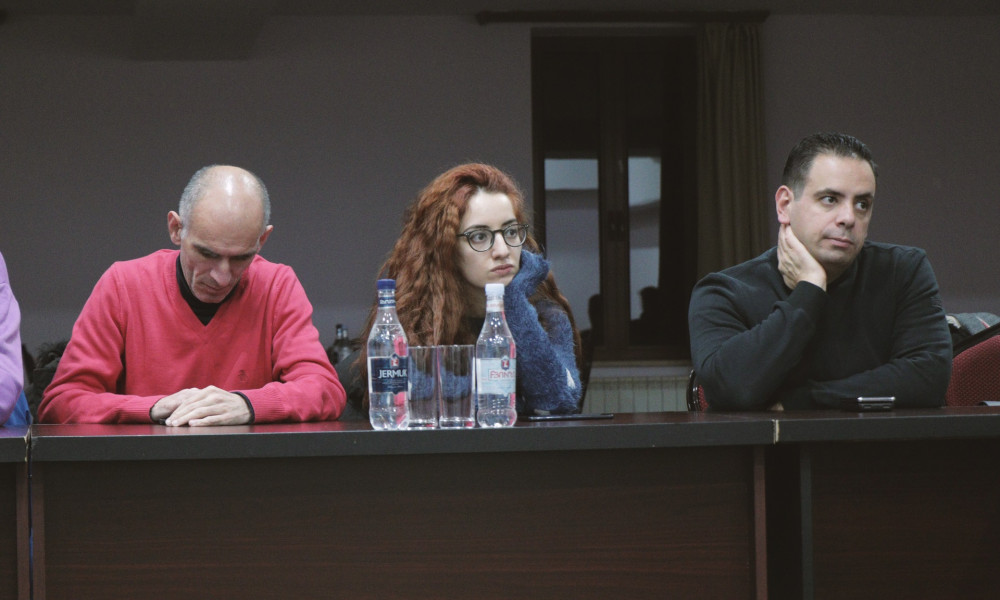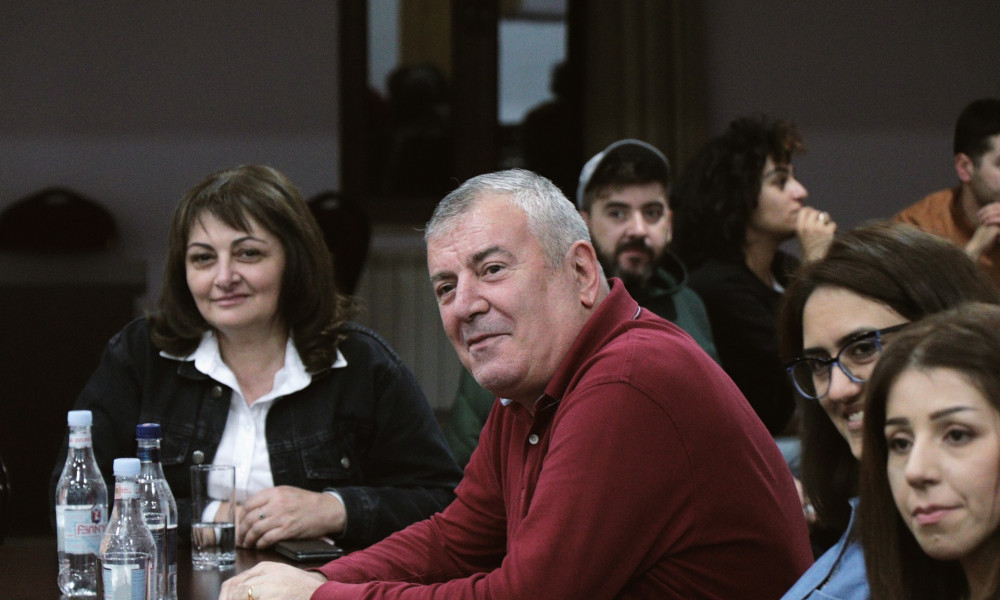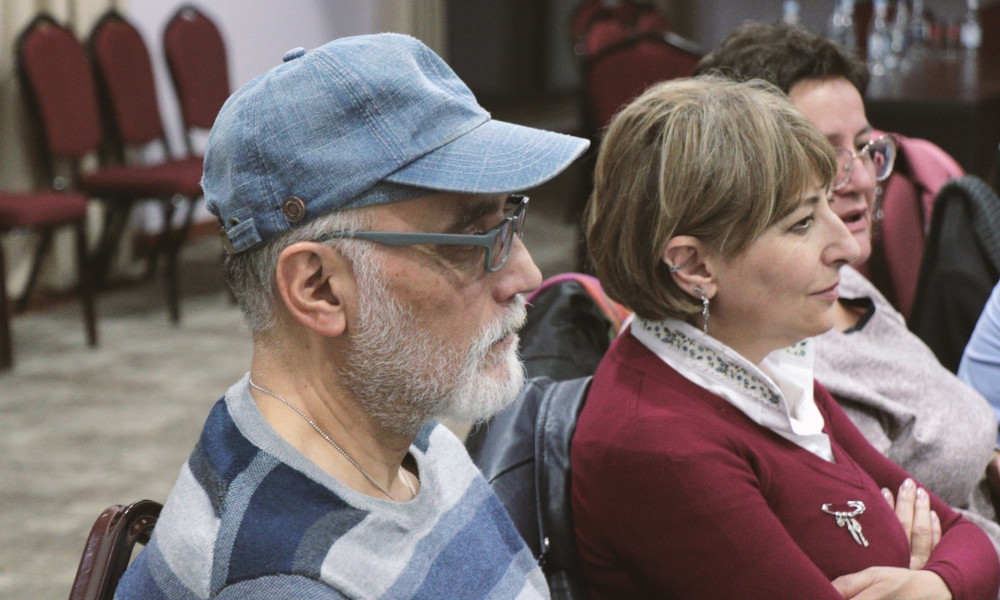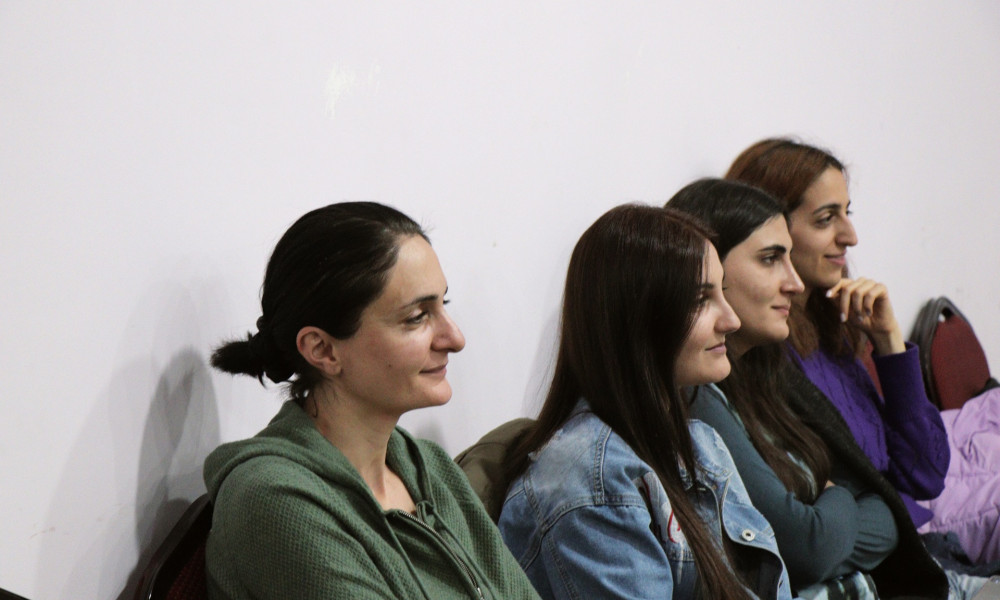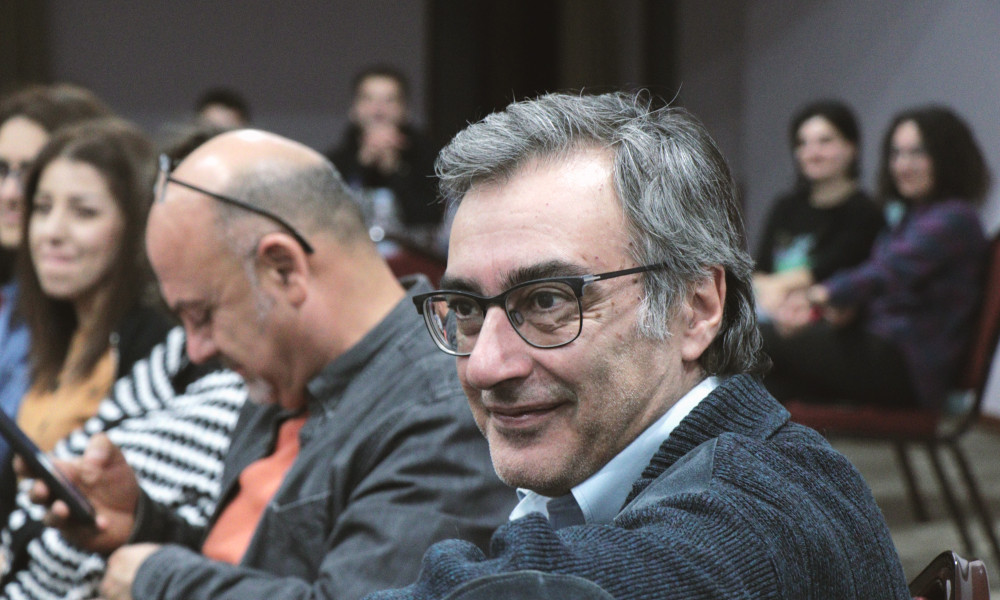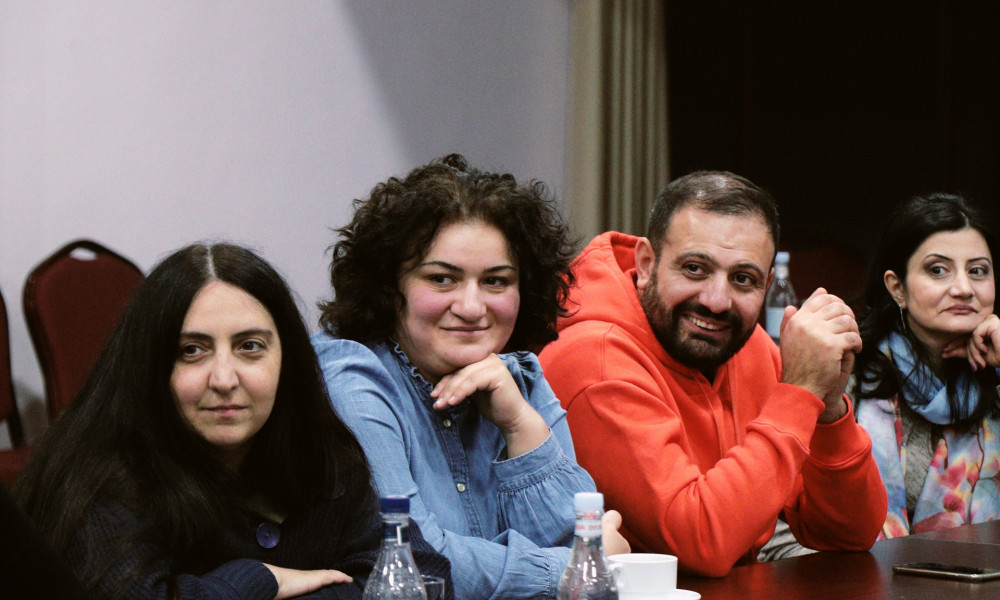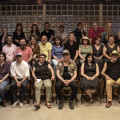As part of the Bibliotherapy project, a three-day event and workshop was organized in Aghveran from October 21 to 23, 2022, with the participation of PEN members as well as invited researchers, librarians, social workers, psychologists, and other related specialists.
The event program mainly focused on the presentation and discussion of several fundamental pieces of research that were planned within the project and have already been completed.
Psychologist Sona Manusyan presented her research, titled “The Psychological Foundation of Bibliotherapy: Considerations for Application, Outlook and Limitations for Localization in Armenia.” The piece was based on the analysis of more than 100 references to bibliotherapy in the literature (theoretical and practical books, articles, samples of therapeutic literature, material for a general audience, and so on). Various approaches to bibliotherapy were presented, including areas of application (child and adult psychotherapy, addressing everyday difficulties or specific psychological issues, etc.), objectives (self-awareness and development, survival and emotional liberation, problem solving, improvement of behavioral and communication capacity, and so on), the main approaches and viewpoints for using various bases for classification, target groups, and issues addressed (including working with trauma). The researcher presented in detail on the directions of reading therapy and writing therapy, including the differences between them, their current positions, suitability for use, and effectiveness, reflecting also on the outlook for the application of bibliotherapy in Armenia. She also made several recommendations for its testing and usage through interdisciplinary collaboration, interactive, group, integrative (both to solve personal issues as well as for personal growth and development), combination (using the techniques of both reading and writing), long-term (or medium-term) programs.
Lucy Karamyan and Ani Kojoyan (joined online) presented their joint research on the topic of “The Anatomy of Bibliotherapy: Outlook for the Application of Bibliotherapy in the Armenian Practice of Social Work”. Through this study, the researchers attempted to conduct an in-depth examination of the essence of bibliotherapy, its origins, historic development, and application in various fields, particularly focusing on its specific characteristics and outlook in the international and local practice of social work. Among supportive professions, bibliotherapy is now a commonly-accepted therapeutic option in international practice. It is an important and powerful tool, which can be used effectively in different professions, including social work. The researchers were confident that bibliotherapy must be employed in modern social work as an additional tool that can be applied when working with a wide range of age groups.
Cultural anthropologist Aghasi Tadevosyan presented his research piece, titled “The Individual after the War: Anthropological Observations on the Outlook for the Application of Bibliotherapy.”
Following this, participants held a discussion on the issues related to the localization and dissemination of bibliotherapy.
Armenia has a long-standing tradition of the healing power of writing and literature, which could facilitate the introduction and dissemination of the practices of bibliotherapy. However, this factor could also simultaneously serve as an obstacle, because the mystic practices related healing through literature in Armenia (treatment with the book of Narek, seeking the favor of saints in the form of books, placing a curse through a written note, etc.) could hinder the proper understanding among the masses of science-based bibliotherapy. Through a well-structured and targeted public awareness campaign, this problem can be solved and this hindering factor could be turned around to serve the comprehension of bibliotherapy practices.
There are numerous nonprofit organizations, ongoing projects and research centers currently working in this sector around the world, which have covered a lot of ground on the topics of art therapy and bibliotherapy in particular. For example, the British organization Lapidus International uses the power of the written word and speech, IEATA focuses on expressive arts, NAPT on poetry, HSA on storytelling, and the , Graphic Medicine International Collective on graphic narratives.
The research presentations and discussion were followed by a workshop in three thematic groups – reading therapy, writing therapy, and the use of combined methods.
The event participants came to a shared conclusion that the most appropriate next steps consisted of developing a pilot project on bibliotherapy—including both group-based readings as well as individual support—with partner libraries as safe and facilitative spaces, and with the engagement of supporting specialists such as psychologists/counsellors, social workers, and librarians who would serve on site after undergoing the relevant training.
The groups developed concepts for a science-based, creative approach to the Bibliotherapy project as well as a medium-term action plan consisting of specific and targeted recommendations. In particular, the professionals dealing with issues of healing would help place bibliotherapy on a strong theoretical and scientific foundation along with its practical application, and librarians would choose the right literature in their everyday work to promote pieces that would have stronger healing power, and also set up lists of writers and poets with this potential, thus spreading the practice of bibliotherapy and creating stories of healing.
The Bibliotherapy is project implemented by PEN Armenia within the Civil Society Support for Ensuring Impact on Reforms project. The Civil Society Support for Ensuring Impact on Reforms project implemented by Eurasia Partnership Foundation with the support of Swedish Government.
